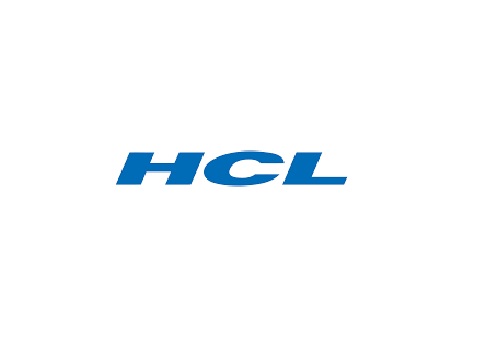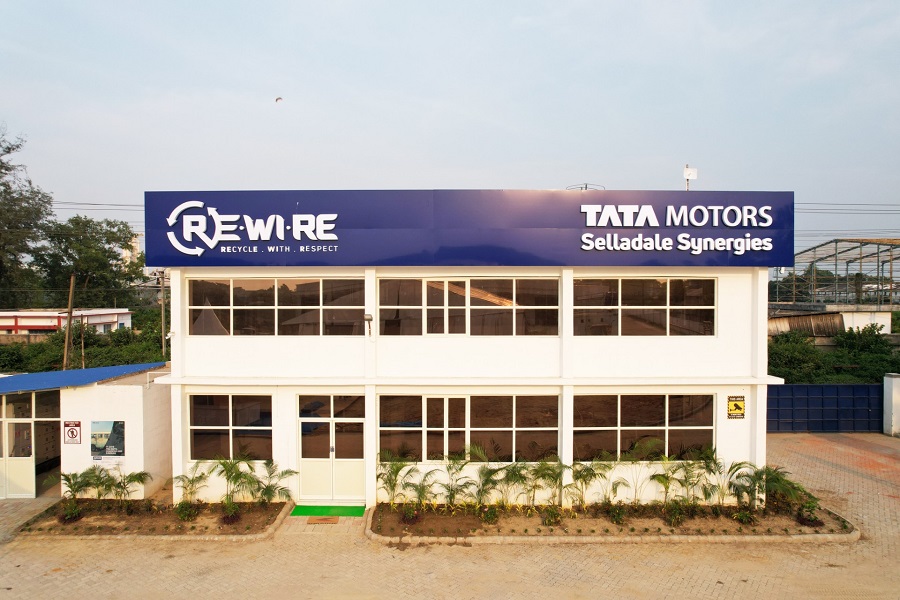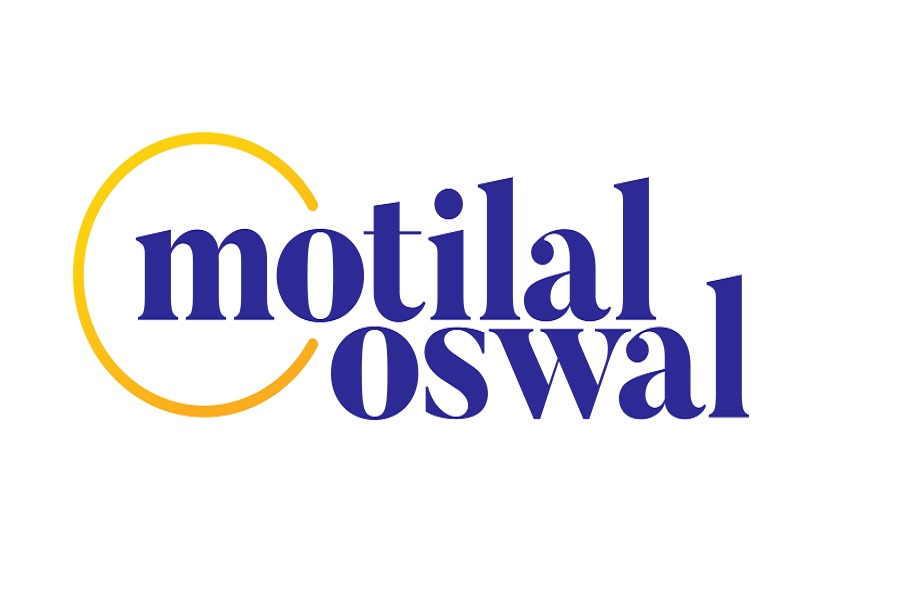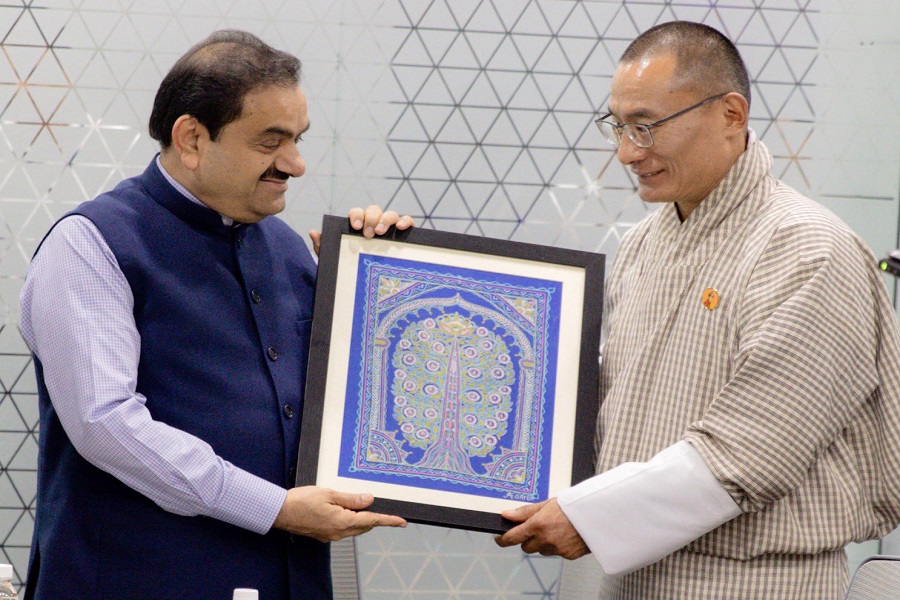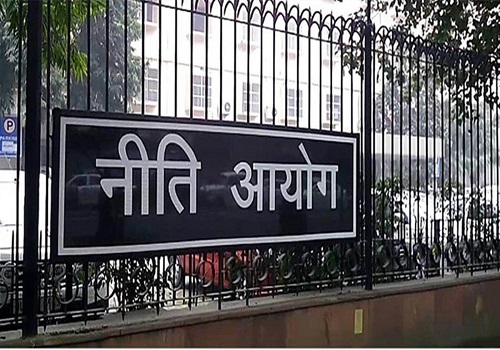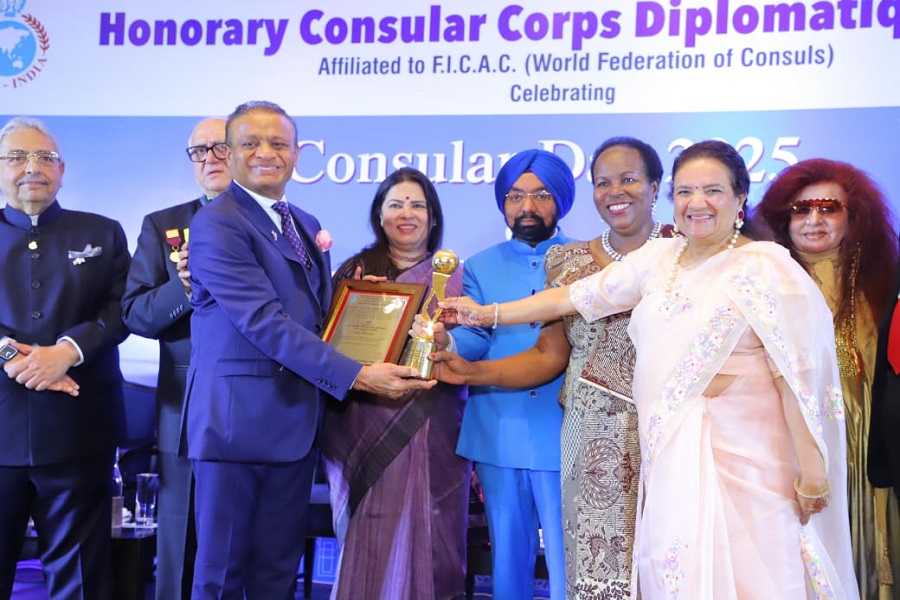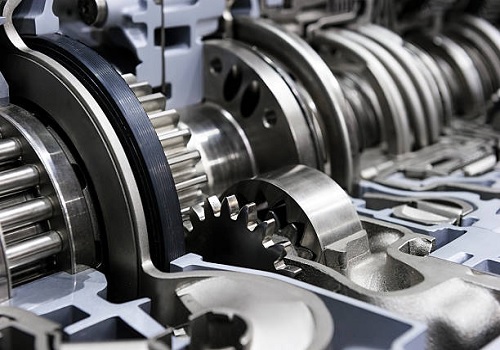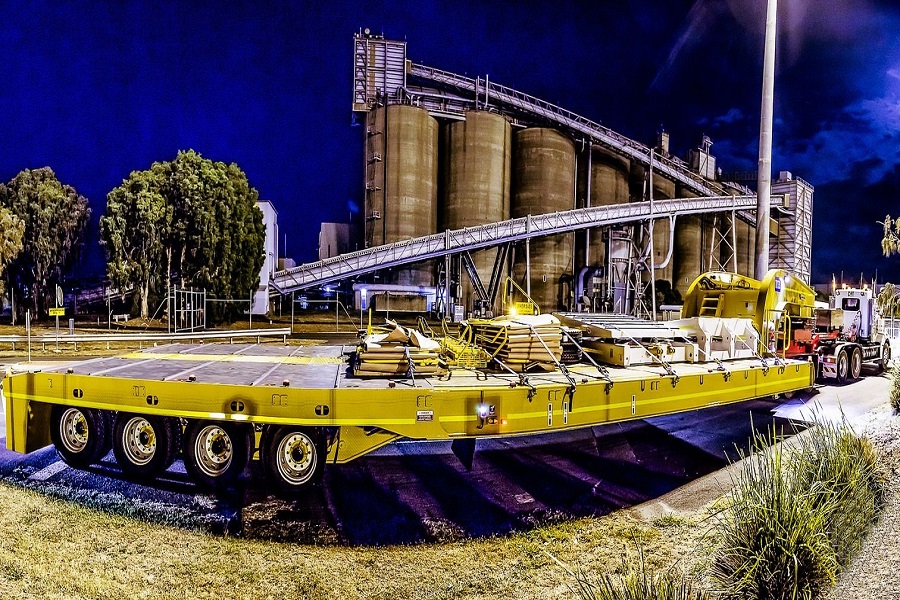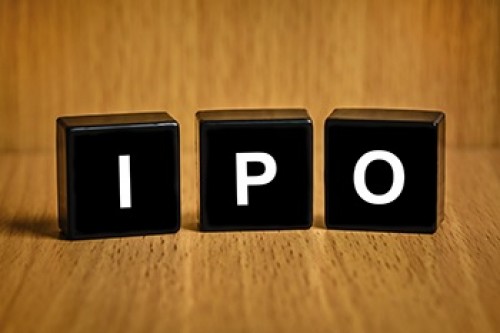AMIC Forging coming with IPO to raise upto Rs 34.80 crore

AMIC Forging
- AMIC Forging is coming out with an initial public offering (IPO) of 27,62,000 equity shares of face value of Rs 10 each in a price band Rs 121-126 per equity share.
- The issue will open for subscription on November 29, 2023 and will close on December 1, 2023.
- The shares will be listed on SME Platform of BSE.
- The share is priced 12.10 times of its face value on the lower side and 12.60 times on the higher side.
- Book running lead manager to the issue is Gretex Corporate Services.
- Compliance Officer for the issue is Neha Fatehpuria.
Profile of the company
The company is a manufacturer in forging industry and is engaged in manufacturing of forged Components catering to various industries. It manufacture precision machined components as per customer specifications and International Standard catering to the requirements of various industry such as Heavy Engineering, Steel Industry, Oil & Gas, Petrochemicals, Chemicals, Refineries, Thermal Power, Nuclear Power, Hydro Power, Cement Industry, Sugar and other related industries.
The company has expertise in manufacturing different forging components as per international standards like AISI, BS, IS, DIN etc. Some of its common running components are Rounds, Shafts, Blanks and complete finished engineering, spare parts e.g. Gear coupling, Hub, Round, Flange, other all kinds of engineering spares as per customer specifications. These products are mainly manufactured in carbon steel, alloy steel, stainless steel, Nickel and Tools Alloys. The company has a state-of-the-art forging facilities and machining capabilities to cater to the requirements of its domestic & international customers. By integrating several processes under one facility, the company is in position to minimise cost and lead time. The company has its well established design center with latest 3D software and highly trained technicians. It has earned its name in a short span of time because of committed delivery and premium quality product.
The company’s product diversity helps the company to maintain an edge over competition, since the company can provide customized and specialized solutions to its customers. Further, the company is planning to expand via backward integration with starting the manufacturing of Steel Melting & Ingot Casting this backward integration would increase its product base and also increase its output due to easily availability of raw material. With a large infrastructure, zero tolerance quality policies and an energetic team of experts, the company makes sure that it can fulfil any special customer requirements for various critical product applications.
Proceed is being used for:
- Setting up of Manufacturing facility.
- Working Capital Requirements.
- General Corporate Purposes.
Industry overview
The India metal forging market size was valued at $3.86 billion in 2021. The market is projected to grow from $4.32 billion in 2022 to $8.80 billion by 2029, showing a CAG of 10.69% during the forecast period. The global COVID-19 pandemic has been unprecedented and staggering, with metal forging experiencing higher-than-anticipated demand across India compared to pre-pandemic levels. Based on its analysis, the India metal forging market exhibited a decline of -23.32% in 2020 compared to 2019. Forging is a metal forming process that was developed in the past and has witnessed the integration of innovative techniques. In the metal forging process, a metal is deformed with the help of compressive forces, including rolling, hammering, and pressing in controlled conditions to give a desired geometric change to the material. The forging process produces high-quality metal parts, consisting of stainless steel, alloy steel, and aluminium alloys with increased material strength. The forging process provides a wide range of products of forging components having different shapes, sizes, materials, and finishes.
In India, forging OEMs provide close die forged products used in the automotive sector; India's market share of automotive forging is higher than other end-users such as aerospace and defence, railway, industrial, machinery, and others. Further, close die forging is a hot forging technique in which two or more dies are brought together to surround a heated raw material such as steel or aluminium either entirely or partially. Similarly, the open die forging technique is a hot forging technique similar to the closed die technique, except it does not enclose the work piece. Moreover, rolled ring forging is a process that starts with a circular form of metal that has already been pierced to make a hollow doughnut shape. The increasing demand for forged products is attributable to its application in mechanical equipment, construction, automotive, oil & gas, and aerospace.
Pros and strengths
Integrated manufacturing facility: The company does continuous endeavour to maintain the requisite infrastructure and technological upgradation for the smooth running of the manufacturing process as well as to cope up with the changing market demand situation. There is a continuous change in the technology and the markets are very dynamic to the change in technology. It keeps itself technologically upgraded with the latest machines and infrastructure.
Long Standing Relation with Customers: The company’s business is customer centric and requires optimum utilization of its existing facilities, assuring quality supply of raw materials and achieving consequent economies of scale. It has been been able to build trust and establish relations with its major customers for a long time. It deals with various companies and been able to deliver them with consistent products all these years. It produce components which act as an input for these companies and therefore each customer has their own stringent condition relating to quality, time and use of components. It provides prompt assistance, and go the extra mile to resolve any issues or concerns. It makes its customers feel heard, valued, and appreciated. It has been able to cater their requirement timely and as specified and therefore over years trust has been built. The company regularly asks for feedback on its products, services, and overall experience. It actively listens to their suggestions and addresses any concerns immediately.
Quality Assurance and Control: The company follows a practice of testing its products for the desired quality and customer requirement before dispatching & installation the same to the customers. It perform test such as visual inspection, mechanical test, Insulation resistance test, operational test, Continuity test and temperature & strength test to ensure the quality and safety of the products.
Risks and concerns
Volatility in the supply and pricing of raw material: The company meets its demand of raw material i.e. alloy steel, low carbon and medium carbon steel, etc. by purchasing the same from the domestic market. Its dependence on local suppliers may adversely affect its purchase and thus affect profitability in future. It does not have long term agreements with any of its raw material suppliers and it purchase such raw materials on spot order basis. Though it maintains good relations with them, there can be no assurance that it shall be able to continue such relations with any or all of them. Any disruption in supplies from these parties may require it to find additional suppliers. There can be no assurance that it shall be able to find additional suppliers in time or transact business with them on favourable terms and conditions or the quality of products supplied by these suppliers will be at par with those of its existing suppliers. Since such suppliers are not contractually bound to deal with it exclusively, it may face the risk of losing their services to its competitors. Any disruption in supplies from its suppliers due to inexistence of contracts may adversely affect its production process, trading activity and consequently its results of operations.
Dependent on third party logistics service providers: The company primarily depends on third party logistics service providers to deliver its finished goods to its customer. Such logistics providers are arranged on spot basis and in certain cases may not be insured for the full value of the load that they are carrying in case of domestic sale. It also rely on third parties logistic service providers, with whom it has no formal arrangement, to provide trucking, shipping and other transportation facilities for the transfer of finished goods to port or customer’s country depending upon the requirement. These transportation facilities may not be adequate to support its existing and future operations and there may be disruptions of transportation and logistics services due to weather-related problems, strikes, lock-outs, inadequacies in the road infrastructure and seaport facilities. Also it does not own any trucks or commercial transport vehicles and primarily use third-party logistics providers for all operations. In addition, any increase in the charges imposed by the operators of transportation and logistics facilities would significantly impact its costs and results of operations. Any disruption of any of its transportation routes or facilities may adversely affect its business, financial condition, results of operations and cash flows.
Face significant risk with regard to length of time needed to complete each project: The company is recognized by its clients for quality and timely execution of the projects undertaken. There has not been any material past instances of unscheduled delays with respect to its completed projects and phases thereof that have caused any material cost overruns. However, its business is extremely dynamic in nature and there could be unscheduled delays and cost overruns in relation to its ongoing or forthcoming projects. During the time there can be changes to the national, state and local business conditions and regulatory environment, local market conditions, perception of prospective clients with respect to the convenience and attractiveness of the project and changes with respect to competition from other companies. Further, any changes to the business environment such as non-availability of raw materials or increase in cost of construction materials during such time may affect the cost and revenues associated with the project and may ultimately affect the timelines of a project.
Outlook
AMIC Forging is a leading manufacturer of Open Forgings from India. AMIC Forgings manufactures precision machined components duly heat treaded as per customer specifications and International Standard catering to the requirements of Heavy Engineering, Steel Industry, Oil & Gas, Petrochemicals, Chemicals, Refineries, Thermal Power, Nuclear Power, Hydro Power, Cement Industry, Sugar and other related industries. AMIC Forgings expertise in manufacturing different forging components as per international standards like AISI, BS, IS, DIN etc. Some of common running components are Rounds, Shafts, Blanks and complete finished engg. spare parts e.g. Gear coupling, Hub, Round, Flange, other all kinds of engineering spares as per customer specifications. These products are mainly manufactured in carbon steel, alloy steel, stainless steel, Nickel and Tools Alloys. The company has a state-of-the-art forging facilities and machining capabilities to cater to the requirements of its domestic & international customers. By integrating several processes under one facility, AMIC Forgings is in position to minimise cost and lead time. On the concern side, the company requires several statutory and regulatory permits, licenses and approvals to operate its business. Many of these approvals are granted for fixed periods of time and need renewal from time to time. Non-obtaining or non-renewal of the said permits and licenses would adversely affect the company’s operations, thereby having a material adverse effect on its business, results of operations and financial condition.
The issue has been offered in a price band of Rs 121-126 per equity share. The aggregate size of the offer is Rs 33.42 crore to Rs 34.80 crore based on lower and upper price band respectively. On performance front, the company’s total income increased by Rs 4,544.19 lakh or 63.65% to Rs 11,683.01 lakh for the financial year 2022- 23 from Rs 7,138.82 lakh for the financial year 2021-22. The company’s profit after tax increased by 1031.82% to Rs 980.01 lakh for the financial year 2022-23 from Rs 86.59 lakh for the financial year 2021-22, reflecting a net increase of Rs 893.42 lakh mainly due to expansion of business and increase in revenue. Meanwhile, as a part of the company’s growth strategy its focus is on increasing sales volume through expansion, diversification and spread in geographical outreach. It aims to continue to maintain its focus on cost management, including its manufacturing capabilities to deliver growth as well as to achieve economies of scale. It will continue to seek to manage its supply chain costs through optimal inventory levels, economic orders and other measures.
